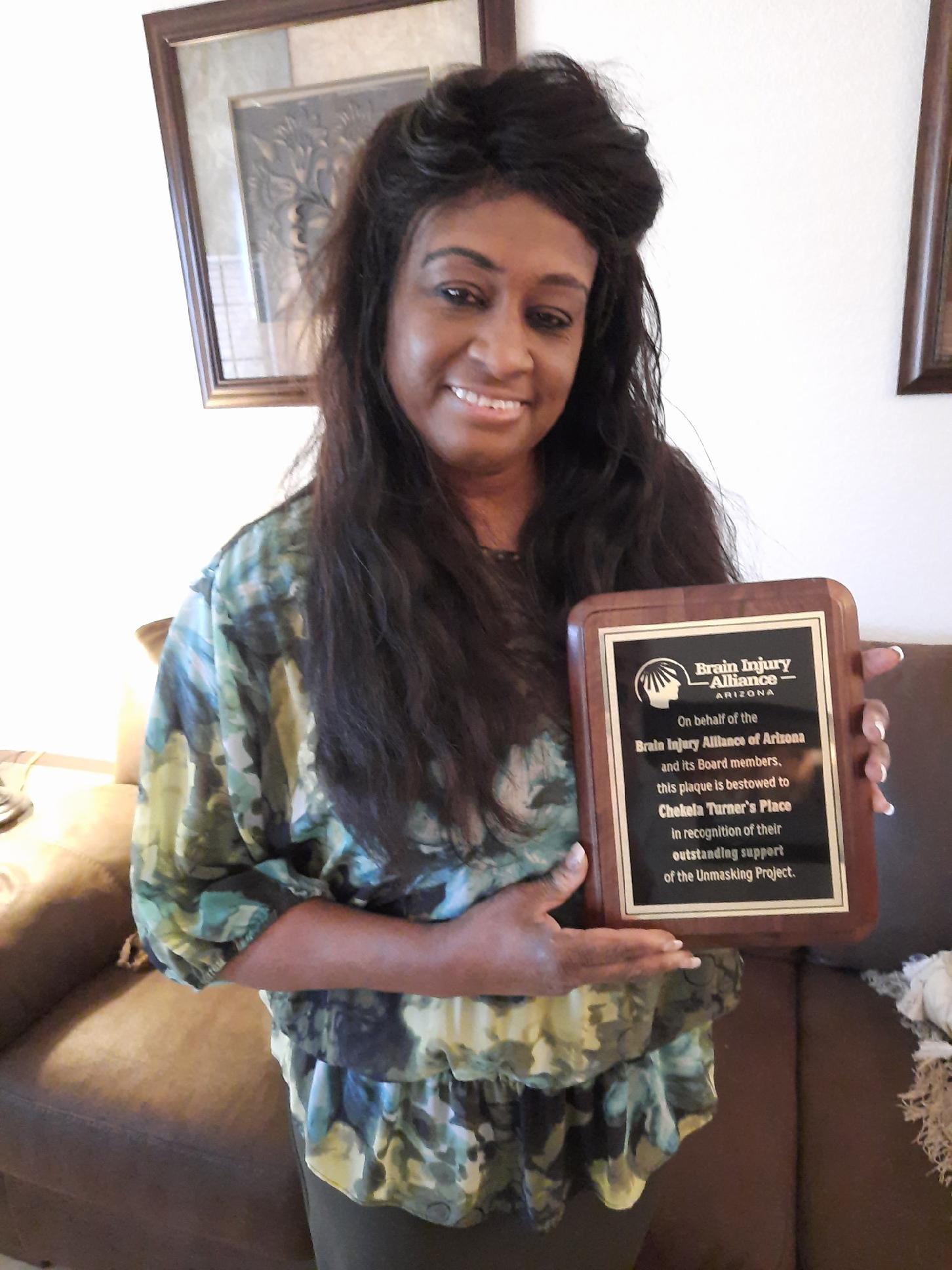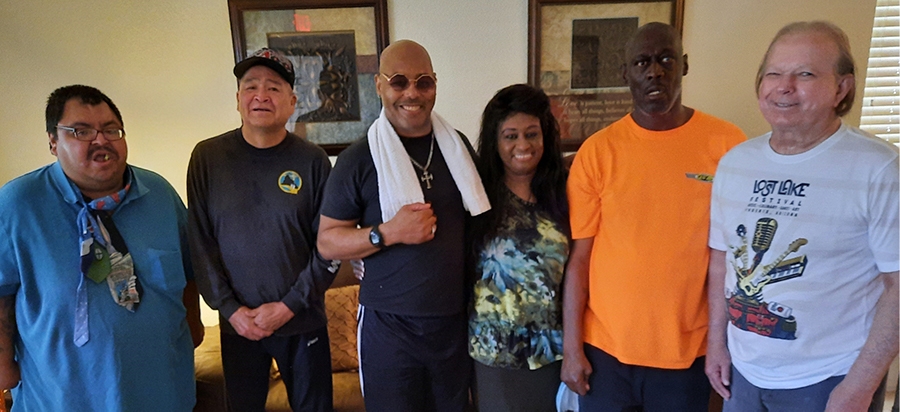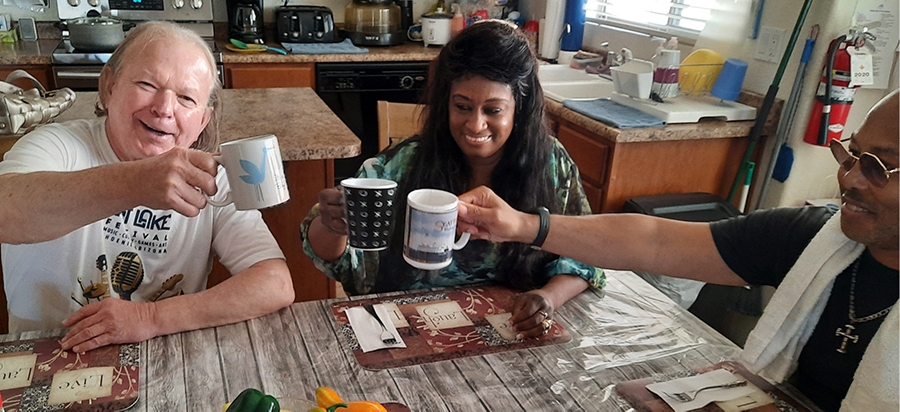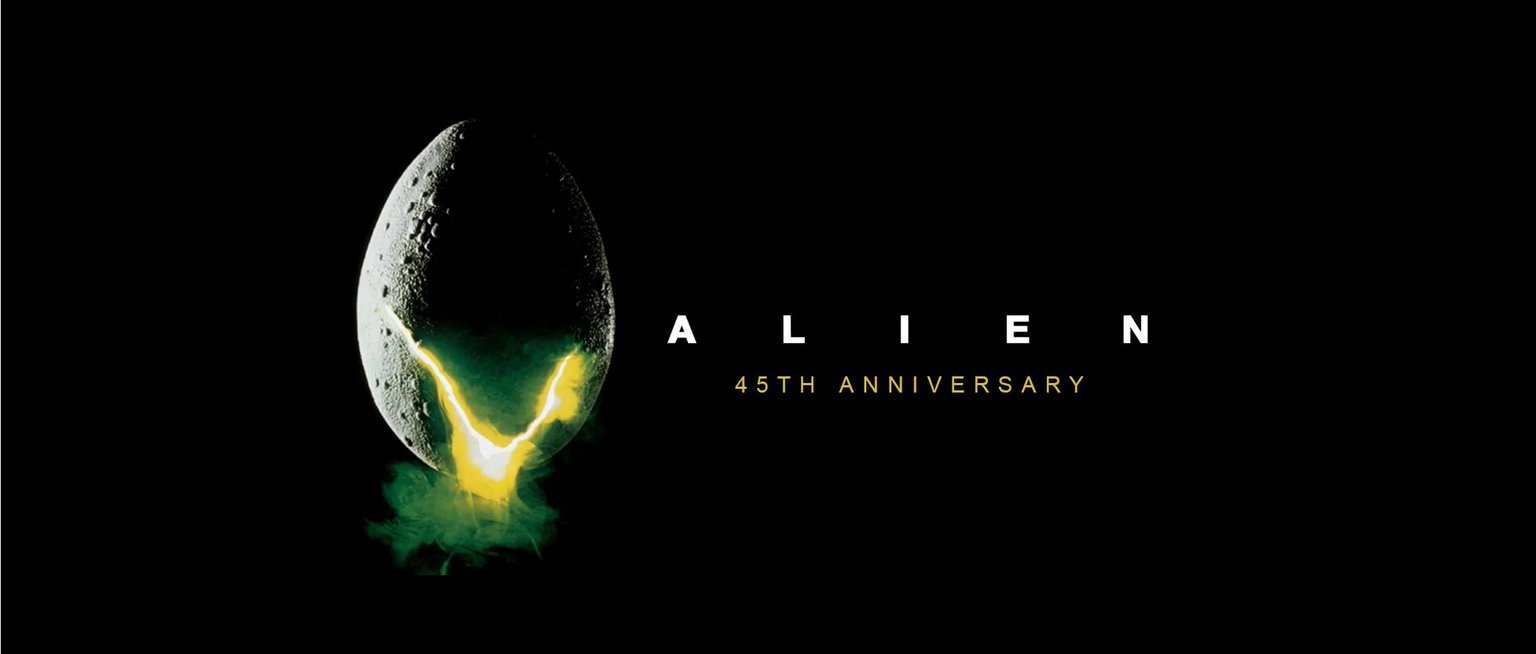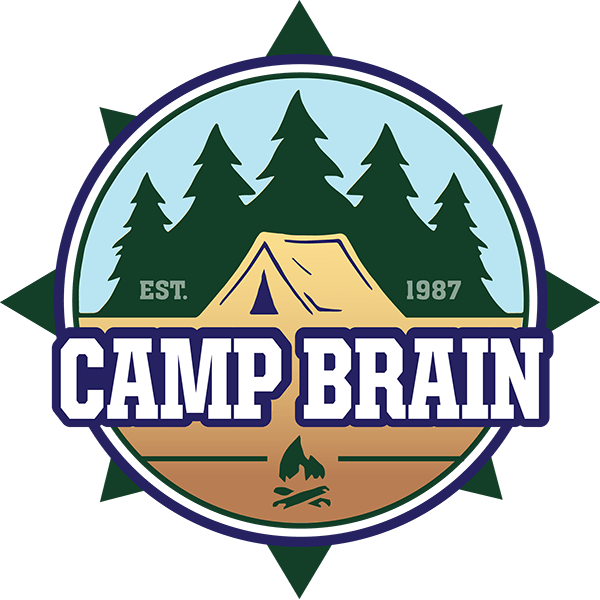Home is Where Chekela Turner’s Place is for TBI Survivors
When you meet Chekela Turner, you immediately like her. Her voice is distinctively soothing. She focuses on what you have to say and exudes an aura of calm—a feeling that everything’s going to be alright.
It’s no wonder, then, that her private assisted living homes for people with traumatic brain injuries (TBIs) are always in-demand.
Chekela’s team works closely with doctors and professionals to develop the best treatment plans possible. This has included a close relationship with the Brain Injury Alliance of Arizona. Executive Director Carrie Collins-Fadell is proud of their association. “Chekela is an incredible individual who truly understands what TBI survivors are going through, both physically and emotionally. I’m happy to say that the free resources and programs we provide for her benefits both residents and their families.”
Home is Where Chekela Turner’s Place is for TBI Survivors
When you meet Chekela Turner, you immediately like her. Her voice is distinctively soothing. She focuses on what you have to say and exudes an aura of calm—a feeling that everything’s going to be alright.
It’s no wonder, then, that her private assisted living homes for people with traumatic brain injuries (TBIs) are always in-demand.
Chekela’s team works closely with doctors and professionals to develop the best treatment plans possible. This has included a close relationship with the Brain Injury Alliance of Arizona. Executive Director Carrie Collins-Fadell is proud of their association. “Chekela is an incredible individual who truly understands what TBI survivors are going through, both physically and emotionally. I’m happy to say that the free resources and programs we provide for her benefits both residents and their families.”
Her story, like that of many Phoenicians, started in Illinois. Her father was a tool and die-cut operator who also owned several record stores, which her mother helped manage. When she was 11, the family (including her younger brother Ontaria), moved west for sunny Tempe.
After attending a public high school for three years, Chekela decided to transfer to a vocational school to pursue a career in the medical field. She received her vocational nursing license, which reinforced her desire to pursue psychiatry.
Meanwhile, at her after-school job at McDonald’s, she was earning more than money: someone from corporate recognized her potential and suggested she become a manager, which she did.
Between her training in nursing and experience in management, she began to feel a calling while working at various behavioral health facilities in college. “I remember how hard it was to find a reputable, reasonably-priced assisted living home for my grandparents in Mobile, Alabama,” she recalls. “I knew there had to be a better way.”
In 1998, despite never having run such a facility, Chekela discovered that Maricopa County was issuing request for proposals for several grants for assisted living homes. Out of several hundred applicants, only three were chosen for this pilot program. She was one of the chosen.
Today, there are two Chekela Turner’s Places in the Phoenix area. She has been extremely effective in implementing behavioral plans to help people from state hospitals integrate back into the community. Her success can be attributed in large part to the safe environment she has created for helping residents with the difficult goal of changing behaviors due to brain injury-related cognitive, physical, and emotional impairments.
Chekela works with a strictly-TBI population, which requires a deep understanding of the unique challenges they face. She believes this is important to keep in mind as roughly 80% of the residents are schizophrenic.
Her combination of caring, compassion, and consistency has been the foundation of her approach to help residents overcome deficits as their brains heal. “We don’t veer from their treatment plans. Consistency is everything. We’re always imposing limits,” she says.
What’s more, she has been able to do it within constrained budgets, while always looking out for the welfare of her residents. Even if someone doesn’t have the funds for treatment, she’ll often cover it herself to ensure they get the best care possible.
In terms of wellness, Chekela believes it’s important to cover all the bases. “We also promote healthy living with a nutritious diet, complete with fresh fruits and vegetables,” she shares.
For Chekela, growth is a two-way street. “I thought I would be a major influence in their lives, and I have,” she tells. “They always tell me how much they love me. However, the reality is, it’s amazing how much difference they’ve made in mine. It’s truly humbling to work with this population.”
Helping her run the homes is her husband Michael, to whom she’s been married for 37 years. Together they have two adult children – Deron, 35, and Arielle, 22. She also cites two long-time staff members who have been with her for many years – Estella and Carol.
Her team works closely with doctors and professionals to develop the best treatment plans possible. This has included a close relationship with the Brain Injury Alliance of Arizona. Executive Director Carrie Collins-Fadell is proud of their association. “Chekela is an incredible individual who truly understands what TBI survivors are going through, both physically and emotionally. I’m happy to say that the free resources and programs we provide for her benefits both residents and their families.”
Chekela doesn’t question her ongoing ability to help so many people through Chekela Turner’s Place. “I realize that God was preparing me to run TBI homes. And I’ve been able to use information from every one of my experiences.”
ABOUT BRAIN INJURY ALLIANCE OF ARIZONA
The Brain Injury Alliance of Arizona (BIAAZ) is the only statewide nonprofit organization dedicated to improving the lives of adults and children with all types of brain injuries through prevention, advocacy, awareness and education. BIAAZ also houses the Arizona Brain Health Resource Center, a collection of educational information and neuro-specific resources for brain injury survivors, caregivers, family members and professionals.
What began in 1983 as a grassroots effort has grown into a strong statewide presence, providing valuable life-long resources and community support for individuals with all types of brain trauma at no charge.
The Brain Injury Alliance of Arizona:
- Works with Congressional Brain Injury Task Force
- Houses Arizona Brain Health Resource Center
- Hosts Statewide Opioid Use Disorder & Cognitive Impairment Workgroup
- Has Statewide Opioid Use Disorder & Cognitive Impairment Response team with peer support, training, and family wraparound services
- Facilitates Brain Health Advisory Council
- Manages statewide Neuro Info-Line: 888-500-9165


